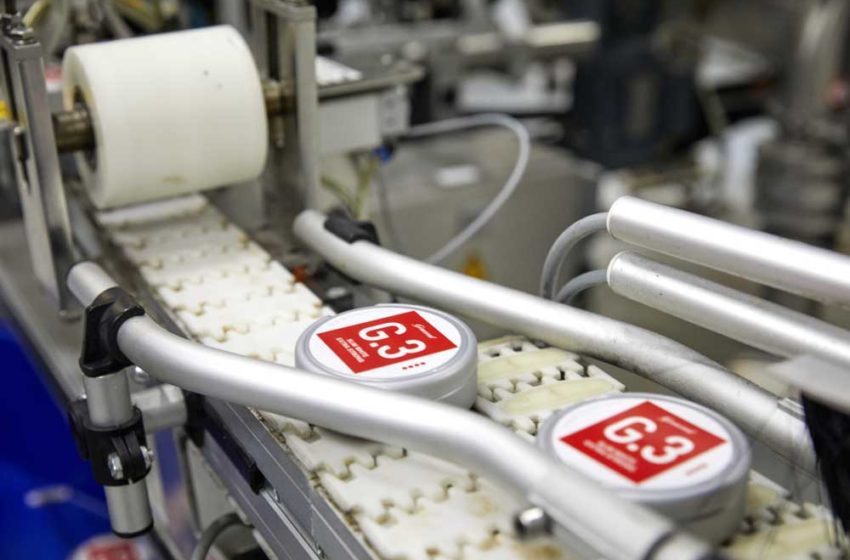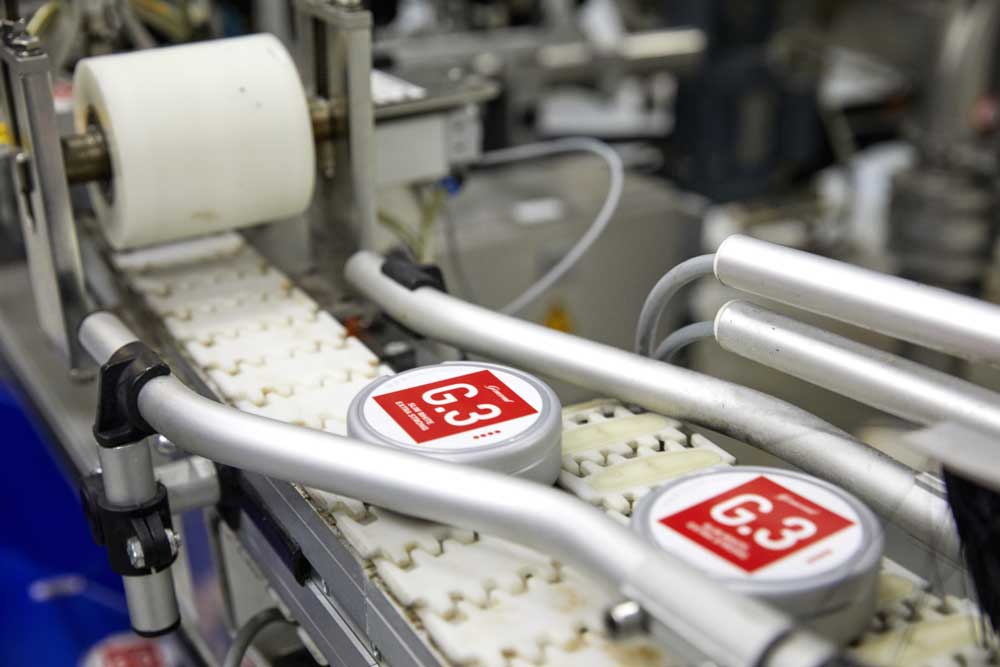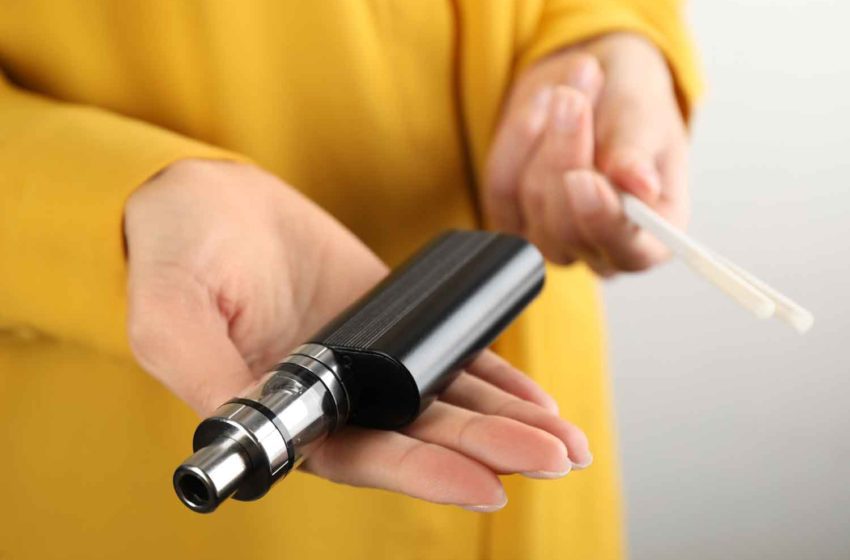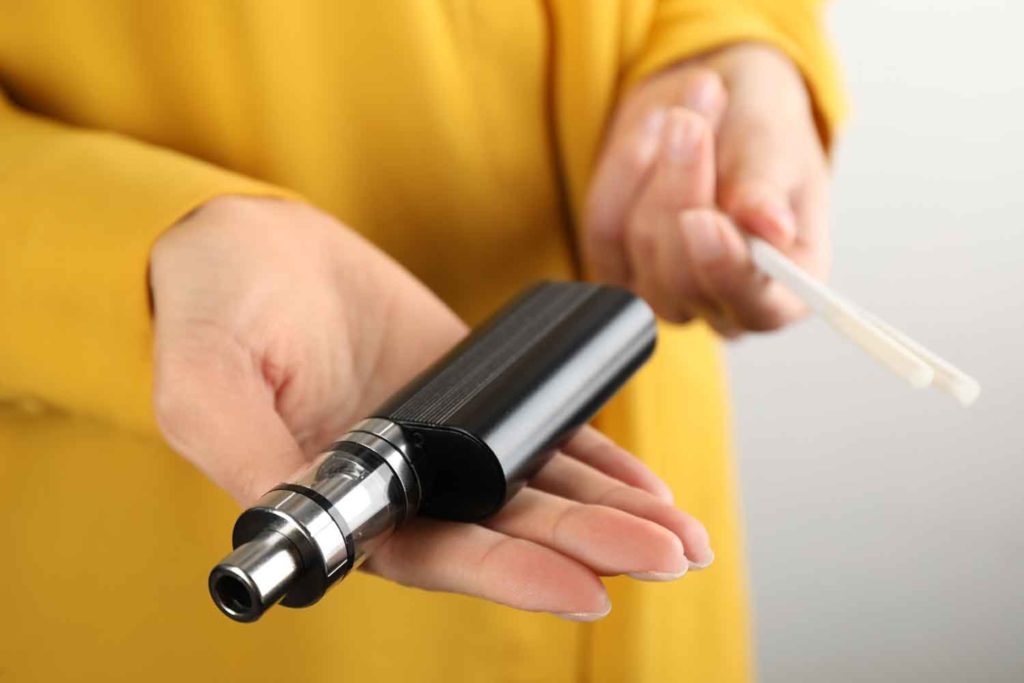
(Photo: Vapers PH)
Vaping activists have praised the Philippines for enacting progressive e-cigarette legislation.
On July 25, legislation took effect that lowers the purchase age for e-cigarettes and heated-tobacco products, removes a two-flavor limit on e-liquids and allows vaping sponsorships beyond industry associations and trade events.
“Enacting some of the most progressive vaping legislation in Asia-Pacific now makes the Philippines an international leader in effective tobacco harm reduction,” said Nancy Loucas, executive coordinator of the Coalition of Asia Pacific Tobacco Harm Reduction Advocates (CAPHRA). “It’s a massive wake-up call for other countries to also enable smokers to switch to safer nicotine products.”
Peter Dator, president of Vapers PH, says the new law protects minors, helps to eradicate black markets, ensures safety standards and gives adult smokers access to viable cigarette alternatives.
“By adopting a successful THR strategy, we now join about 70 countries worldwide which are all seeing smoking rates fall,” said Dator. “This is truly a landmark piece of legislation which I hope other countries now follow. Embracing vaping is the only way to eradicate smoking.”
Dator also praised Philippine lawmakers for resisting foreign attempts to influence the country’s health policies.
“It’s well established that the Philippines has been a target of American billionaires and their so-called philanthropic foundations fueling anti-vaping sentiment,” he said. “Our leaders have now stood up to the bullies with a legacy that will endure for generations.”




















